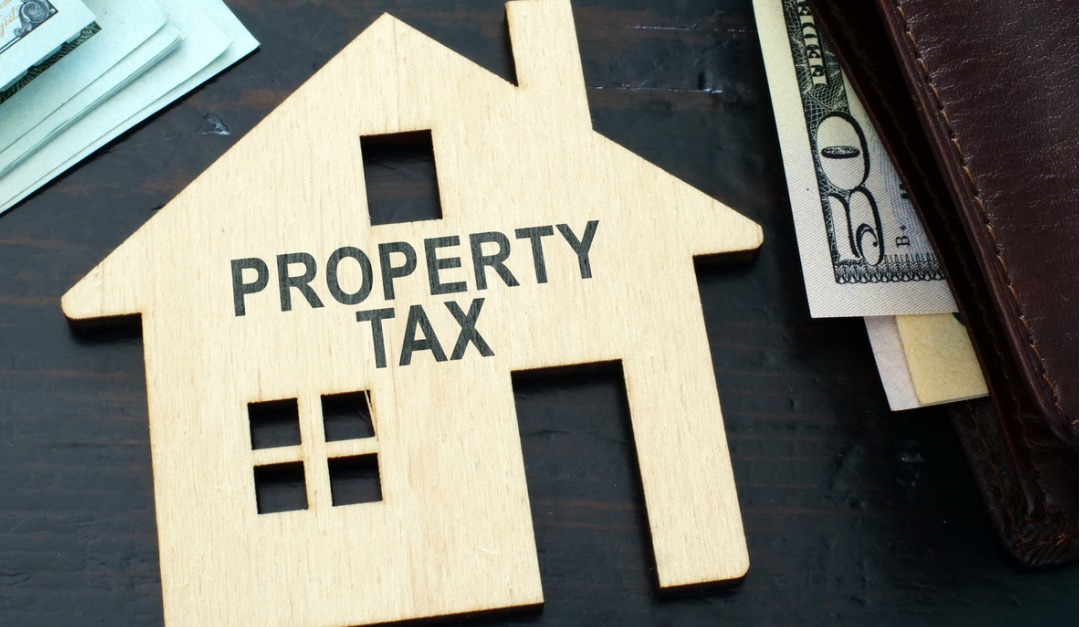A property tax bill is easy enough to get. Local governments typically assess property tax and send homeowners a bill in the mail. Paying the tax, and saving for it, are the hard parts.
The amount of the tax is largely based on where the property is and how much it’s worth. They can easily be thousands of dollars and can usually be paid in two installments over one year.
There are a few ways to save for the average property tax bill in the U.S. One of the easiest is to spread the payment out over 12 months with your monthly mortgage payment. This is called an escrow account, where the money is held and automatically paid to your tax collector. Homeowners insurance payments can also be paid into an escrow account, and by paying both bills on time, you’ll avoid penalties.
One possible drawback to this is that if you’re not paying enough to your lender to cover the entire property tax bill, the financial institution will still pay your tax bill in full on your behalf and send you a notice of the shortfall. You may be required to pay it all at once, or the shortfall amount may be spread over the next year. Some banks may charge interest and fees to do this.
If the opposite happens and too much money is collected in the escrow account for taxes, the bank may send you a refund or lower your tax payment for the coming year.
Another option is to set up a separate savings account yourself and deposit money for your property taxes automatically each month. This allows you to keep your money as long as possible until the taxes are due and collect interest on your money before paying the bill.
If you’d rather avoid that step, but still want to make monthly payments, some cities allow homeowners to pay their property taxes monthly so that they aren’t faced with one large bill.
You could set up a pre-authorized payment to your municipality to deduct money from your bank account on a set day each month. It then holds the money and pays your property tax bill on the due date.
However you decide to save money to pay property taxes, be sure to pay the bill on time. If you don’t, it could result in payment penalties. In the worst-case scenario, a lien could be placed on your home if you don’t pay your property taxes.
This article is intended for informational purposes only and should not be construed as professional advice.











